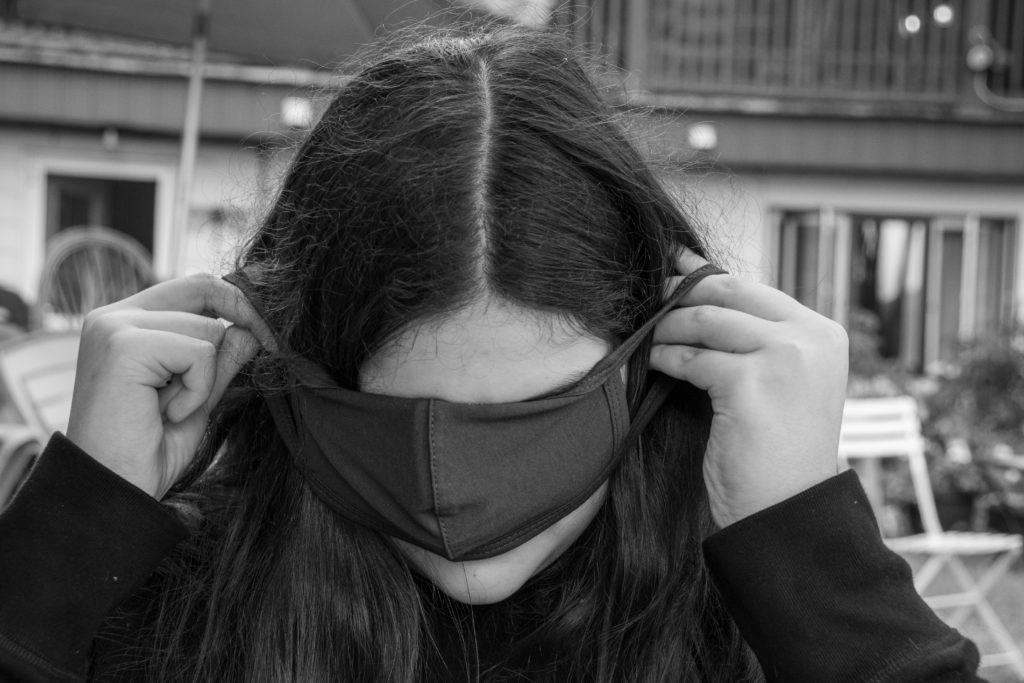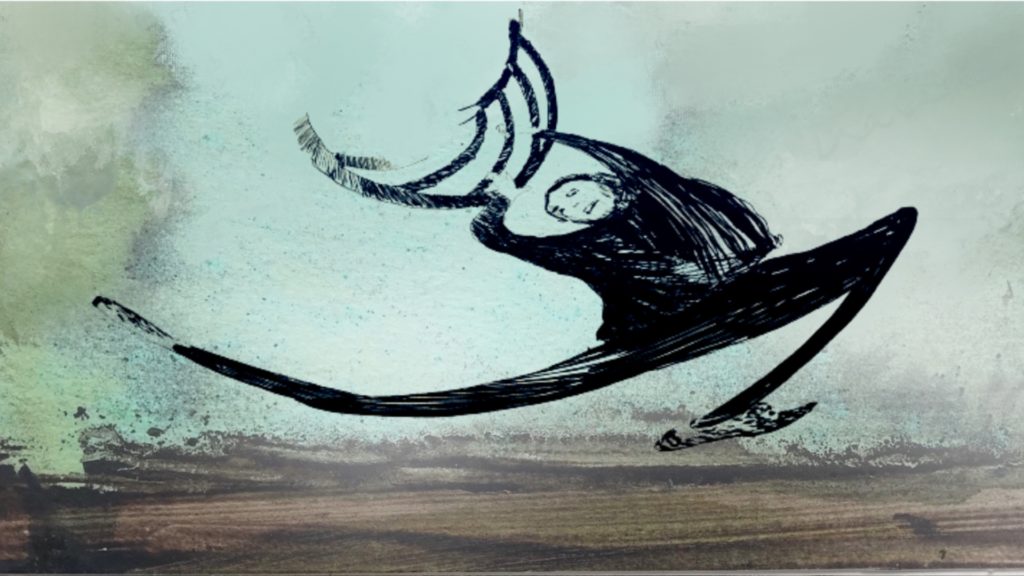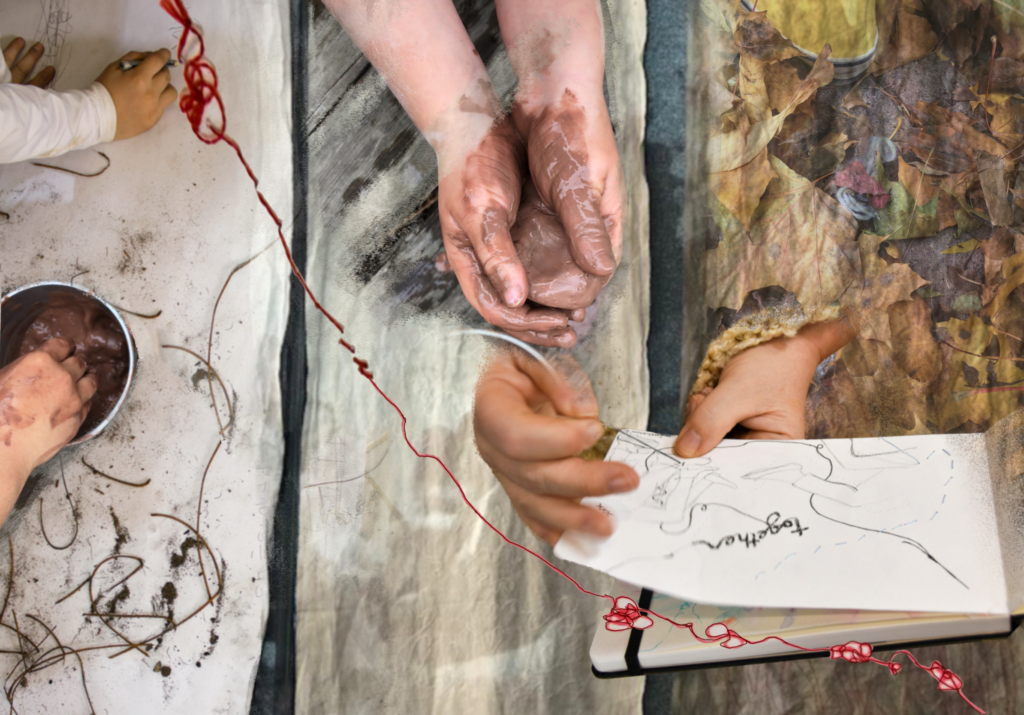Magazine
Editors’ Note – Studying: An Invitation to Early Childhood Education
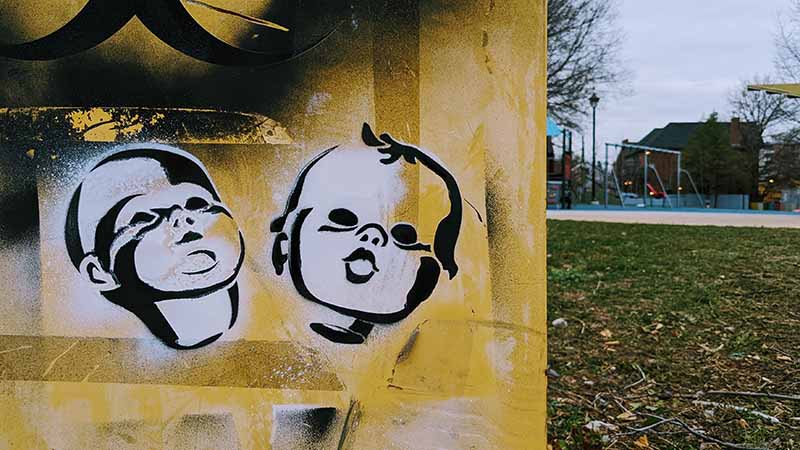

Editors’ Note – Studying: An Invitation to Early Childhood Education
Editorial Issue 5, Issue 5, Magazine, Uncategorized
September 2023
College Professors: Actors¹ in Early Childhood Education


College Professors: Actors¹ in Early Childhood Education
Issue 5, Magazine, Pedagogist Discussions Issue 5, Uncategorized
September 2023
Thinking with Waste


Thinking with Waste
Issue 5, Magazine, Pedagogist Discussions Issue 5, Uncategorized
September 2023
Dialogues on Complexifying Care in ECE
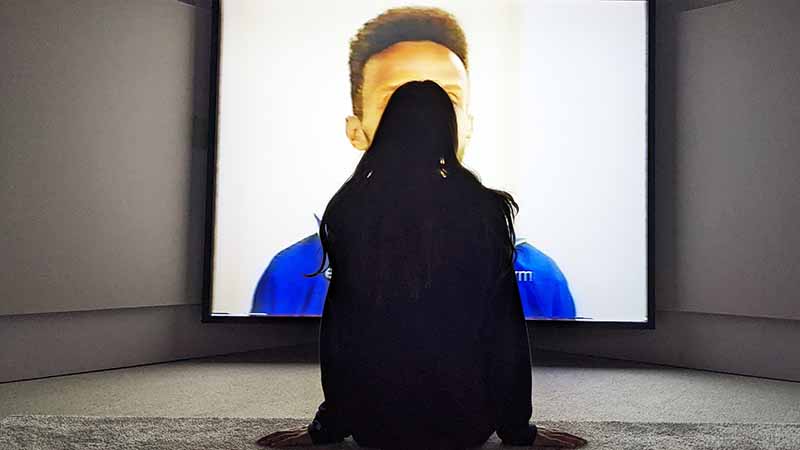

Dialogues on Complexifying Care in ECE
Issue 5, Magazine, Pedagogist Discussions Issue 5, Uncategorized
September 2023
Thinking with Study in Early Childhood


Thinking with Study in Early Childhood
Essay Issue 5, Issue 5, Magazine, Uncategorized
September 2023
In Conversation with Dr. Adam Davies


In Conversation with Dr. Adam Davies
Essays Issue 4, Issue 4, Magazine, Uncategorized
October 2022
Returning as/with Post-Secondary Pedagogists
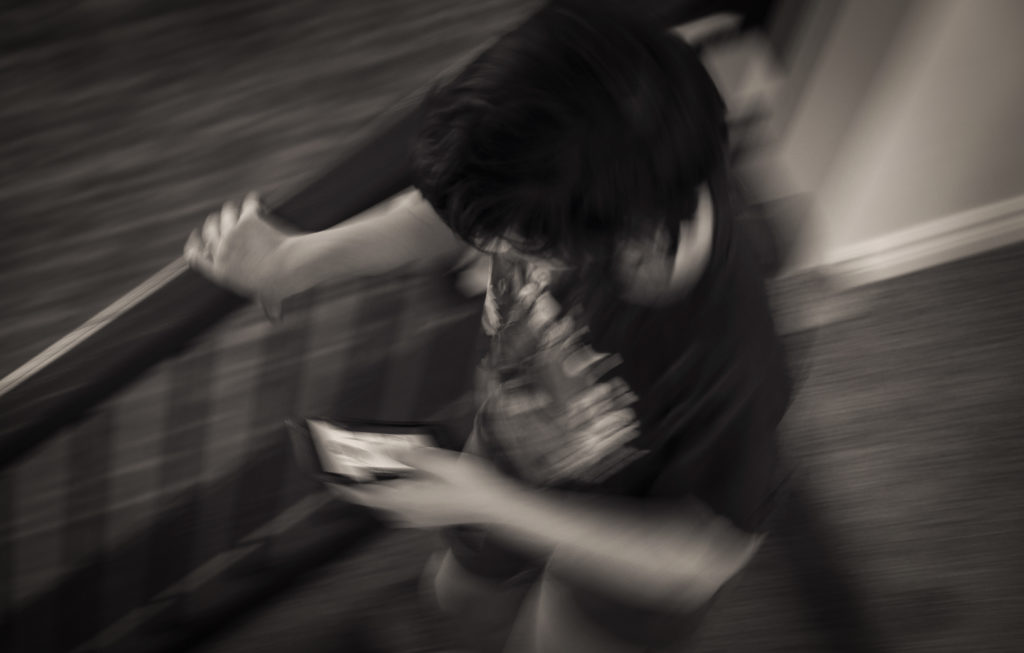

Returning as/with Post-Secondary Pedagogists
Issue 4, Magazine, Pedagogist Discussions Issue 4, Uncategorized
October 2022
On Inaugurating and Sustaining the Work of a Post Secondary Institution Pedagogist: Collectivity, In-Betweens, and Having a ‘Why’ – an interview with Bo Sun Kim


On Inaugurating and Sustaining the Work of a Post Secondary Institution Pedagogist: Collectivity, In-Betweens, and Having a ‘Why’ – an interview with Bo Sun Kim
Magazine, Pedagogists Discussions Issue 3, Uncategorized
June 2021
Journaling as a Choreographic Practice


Journaling as a Choreographic Practice
Magazine, Pedagogists Discussions Issue 3, Uncategorized
June 2021
Recollecting Practices of Attending and Creating Exposures: Conversations, Estrangements, Movements, Affected Intentions, and Risks


Recollecting Practices of Attending and Creating Exposures: Conversations, Estrangements, Movements, Affected Intentions, and Risks
Essay Issue 3, Magazine, Uncategorized
June 2021
Sweating the Fact(s) of my Body (+Mermaids) as a Pedagogist


Sweating the Fact(s) of my Body (+Mermaids) as a Pedagogist
Essays Issue 2, Magazine, Uncategorized
March 2021
On Becoming a Pedagogist: Brief Thoughts on Pedagogical Documentation


On Becoming a Pedagogist: Brief Thoughts on Pedagogical Documentation
Essays Issue 2, Magazine, Uncategorized
March 2021
Decolonizing Place in Early Childhood Education


Decolonizing Place in Early Childhood Education
Essays Issue 2, Magazine, Uncategorized
March 2021
On Becoming a Post Secondary Pedagogist: Working with Students, Faculty, and Institutional Realities


On Becoming a Post Secondary Pedagogist: Working with Students, Faculty, and Institutional Realities
Magazine, Pedagogist Discussions Issue 2, Uncategorized
March 2021
On Early Childhood Education Encountering Pedagogy: An Interview with Veronica Pacini-Ketchabaw


On Early Childhood Education Encountering Pedagogy: An Interview with Veronica Pacini-Ketchabaw
Interviews Issue 1, Magazine
December 2020
What Would be Possible if Education Subtracts Itself from Developmentalism


What Would be Possible if Education Subtracts Itself from Developmentalism
Essays Issue 1, Magazine
December 2020
